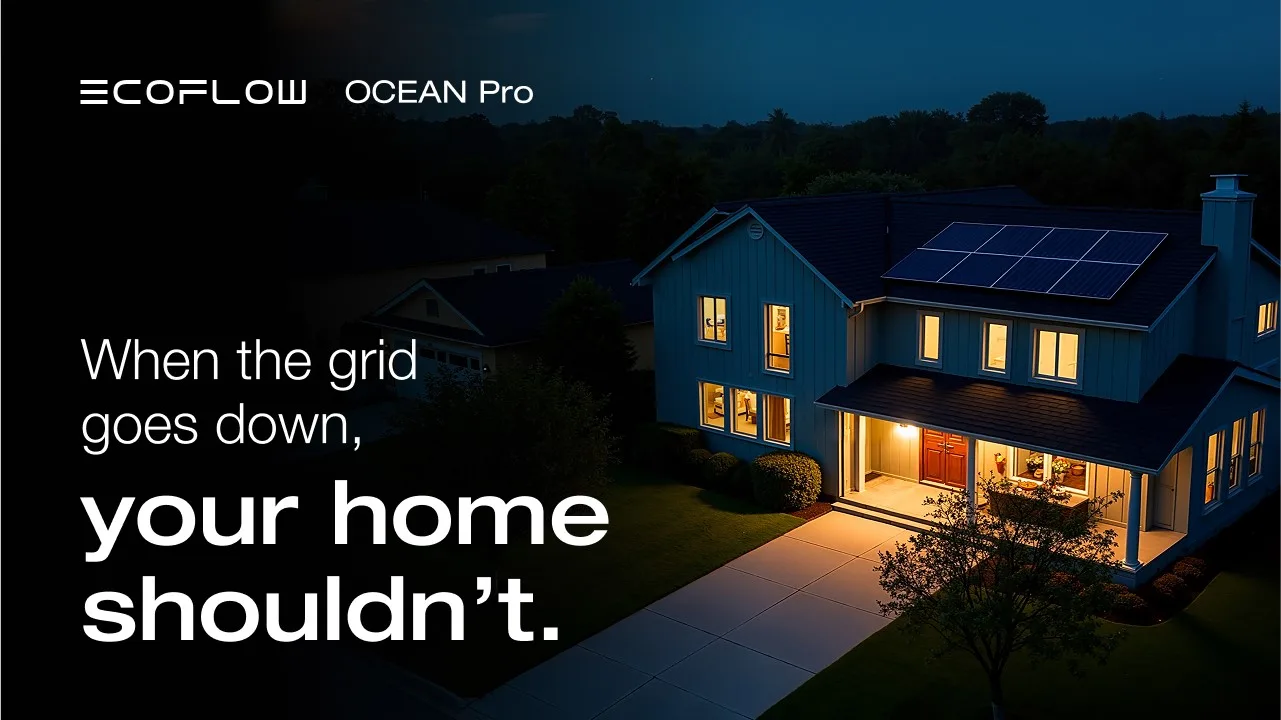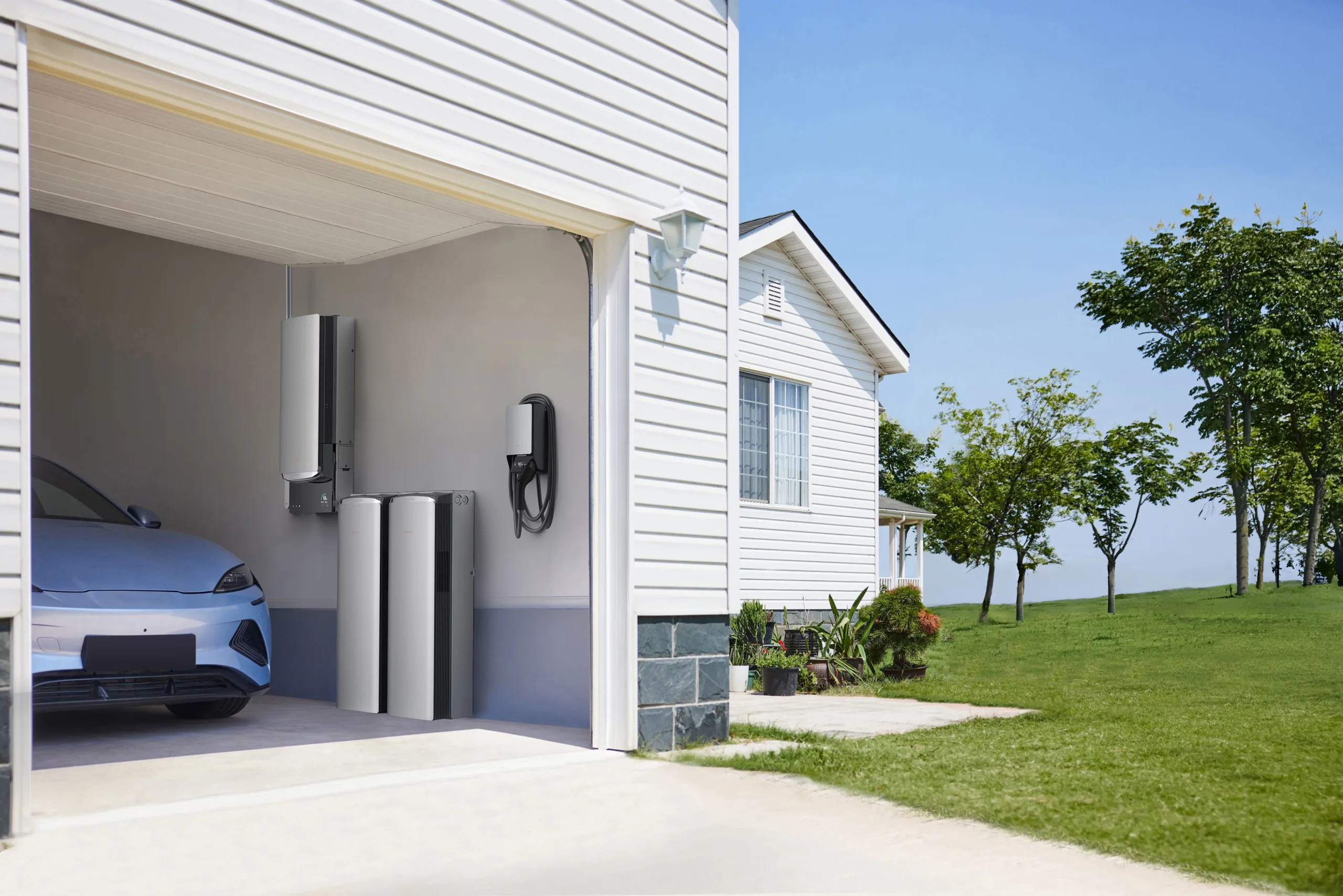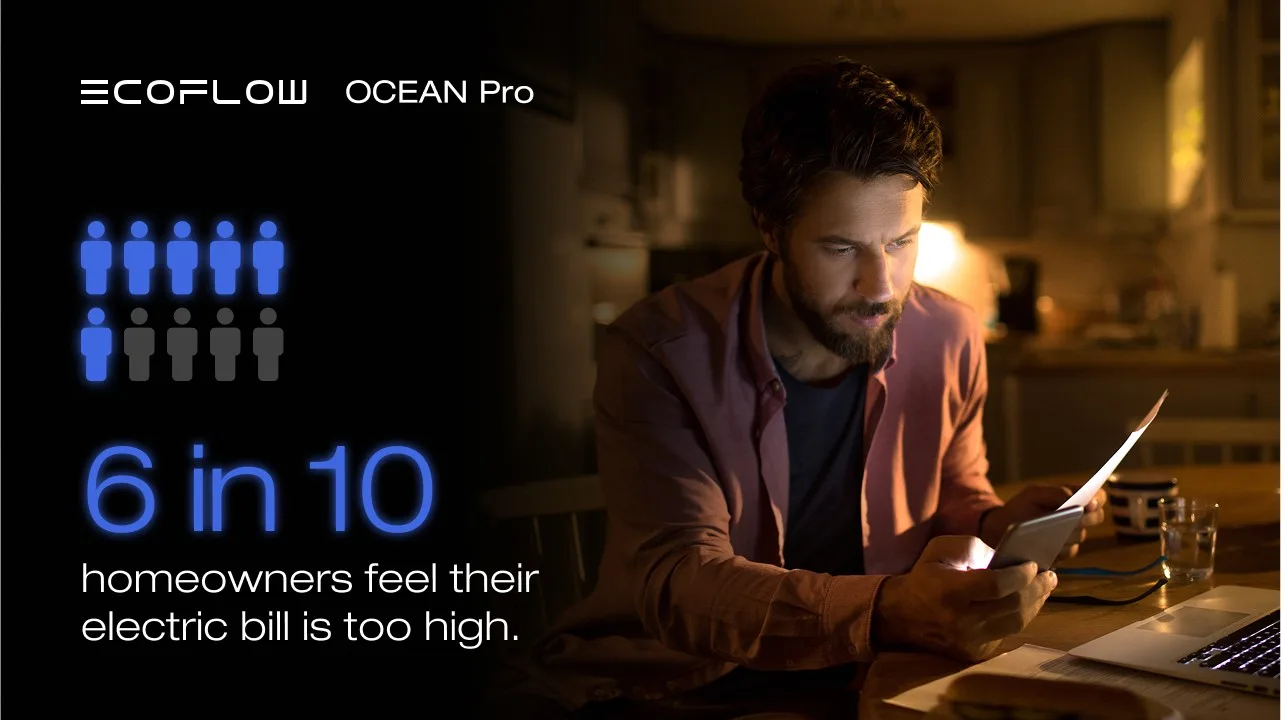Energy You Can Count On: How Smart Systems Bring Financial Peace to Homes
For years, most families treated energy like a natural resource, much like running water. You flipped a switch, the lights came on, and at the end of the month, you mailed the check. No drama, no second thoughts. But lately? Things feel different.
Bills creep up every year. Outages make the news every season. And for anyone who’s added an electric vehicle to their driveway, the question of “how do I keep costs under control?” is becoming more pressing.
That’s where innovative energy systems come into the picture. They’re not gadgets. They’re tools for making life a little more predictable, a little calmer, and—over time—a lot cheaper. The first step typically begins with installing solar power for your home.

Why relying only on the grid gets expensive
Think about your last few power bills. Chances are they weren’t just “high”—they were unpredictable. One month looks manageable, but the next jumps by 30% due to a heatwave or winter storm.
That’s the problem with total dependence on the grid. You’re tied to:
- Peak-hour surcharges, when power costs more just because everyone else is using it.
- Long-term rate hikes average nearly 3% per year in the U.S. and Canada.
- Blackout costs—spoiled groceries, lost work hours, even temporary hotel stays when outages drag on.
It adds up. And it leaves families feeling powerless, literally and financially.
Solar plus storage: the game changer
Solar panels are a solid start. They give you free, clean energy whenever the sun is out. But here’s the catch—once the sun sets, so do your savings.

That’s why pairing panels with a solar battery matters so much. Instead of sending extra daytime energy back to the grid (often for pennies), you hold onto it. Then, when dinnertime rolls around and electricity is at its most expensive, your house runs on the sunlight you banked earlier.
It feels almost like cheating the system. And in a way, you are—by playing smarter.
EcoFlow’s lineup offers options for different households:
- A DELTA Pro Ultra that can scale up enough to run a large home for weeks.
- A DELTA Pro that’s portable, expandable, and a good fit for mid-sized families.
- A RIVER unit for smaller needs or as a budget-friendly starting point.
- And the flagship OCEAN Pro Home Solar Battery, which uses AI to optimize when to store, when to discharge, and how to stretch your dollar further.
This combination—solar plus storage—converts renewable energy into a reliable source of power, available day and night.
Charging your car without draining your wallet
Now, let’s talk about the new elephant in the garage: electric vehicles. More families across North America are switching to electric vehicles, which is excellent for the environment—but charging them can be challenging.
Rely on public stations, and you’re paying whatever price they decide that day. Plug into the grid during peak hours, and the costs can rival a tank of gas.

That’s why the solar EV charger is worth paying attention to. EcoFlow’s OCEAN EV Charger is designed to integrate with your home’s solar and battery setup, so instead of stressing about costs, you’re literally fueling your car with the sun.
What makes it different?
- You can schedule charging for off-peak hours—cheaper by design.
- You can prioritize stored solar energy so you’re not buying from the grid at all.
- With the app, you can see in real-time how much you’re saving.
Suddenly, “filling up” doesn’t mean pulling out your wallet. It means letting your house do the work.
Looking at EcoFlow’s lineup through the money lens
Here’s another way to see these products: not just as hardware, but as financial tools.
- Ocean Pro Home Solar Battery → Designed for whole-home backup, but also for long-term value. Its durability and warranty mean savings aren’t just short-term—they stretch out over 15 years.
- DELTA Pro Ultra → Modular and scalable, so you’re not overspending upfront. You add more only when your needs (and maybe your family size) grow.
- DELTA Pro 3 → A flexible middle-ground option—powerful, but portable enough to double for off-grid adventures.
- DELTA Pro → An accessible entry point that can still expand up to 25kWh, making it great for households testing the waters.
- RIVER series → Smaller, more affordable options for essential devices or short outages, giving families an introduction to independence without a significant upfront investment.
Each tier offers its own balance of security, independence, and savings.
The role of incentives and rebates
If you live in the U.S., you’ve likely heard about the 30% federal tax credit for solar and storage systems. That’s not marketing fluff—it’s real money back in your pocket.
Add in state-level rebates, and the numbers get even better:
- California has long offered rebates for energy storage.
- Texas offers property tax exemptions for solar energy systems.
- Florida offers both tax exemptions and sales-tax relief for renewable energy systems.
And then there’s the new concept of Virtual Power Plants (VPPs). In some regions, homeowners can sell their excess stored energy back to the grid during periods of peak demand. Translation? Your battery doesn’t just save you money—it can earn you some, too.
Predictability is underrated
Ask any parent managing a household budget what they crave most, and the answer usually isn’t “more money.” It’s predictability.
Solar plus storage delivers exactly that. Bills become steadier, even as utility rates climb. Families can plan their monthly budgets without the wild swings that often come from weather-driven demand spikes.
It’s not glamorous, but it’s a form of peace of mind that makes daily life easier.
Stronger homes, stronger neighborhoods
Prepared households don’t just benefit themselves. When whole communities adopt solar and storage, everyone wins.
- The grid is less stressed during heatwaves or cold snaps.
- Cleaner air replaces the fumes from gas generators.
- Recovery after storms is faster because fewer homes are left completely without power.
In this sense, every solar-equipped, battery-backed home also contributes to regional cost stability.
Freedom from “bill anxiety”
It’s one thing to talk numbers. However, the truth is that there’s also an emotional side to this.

You’ve probably felt it yourself—opening a power bill with that tiny knot in your stomach, wondering how high it climbed this month—or stressing about whether the next rate hike will eat into your savings.
Owning your energy changes that equation. It’s not just lower costs—it’s confidence. Confidence that tomorrow’s bill won’t knock your budget sideways. Confidence that your EV can be charged without surprise fees. Confidence that you’re not as vulnerable to utility whims or storm outages.
Conclusion: independence equals stability
Energy independence is often framed as a green choice or a backup strategy. And it is. But for families across North America, it’s increasingly something more basic: a path to financial peace.
With solar, storage, and smart EV charging, households can cut costs, stabilize their budgets, and reduce stress. Add in tax credits and rebates, and the payback arrives even faster.
Ultimately, EcoFlow’s systems aren’t just powering appliances; they’re also providing a reliable source of energy. They’re giving families what money usually can’t buy—stability, predictability, and peace of mind in an unpredictable world.
